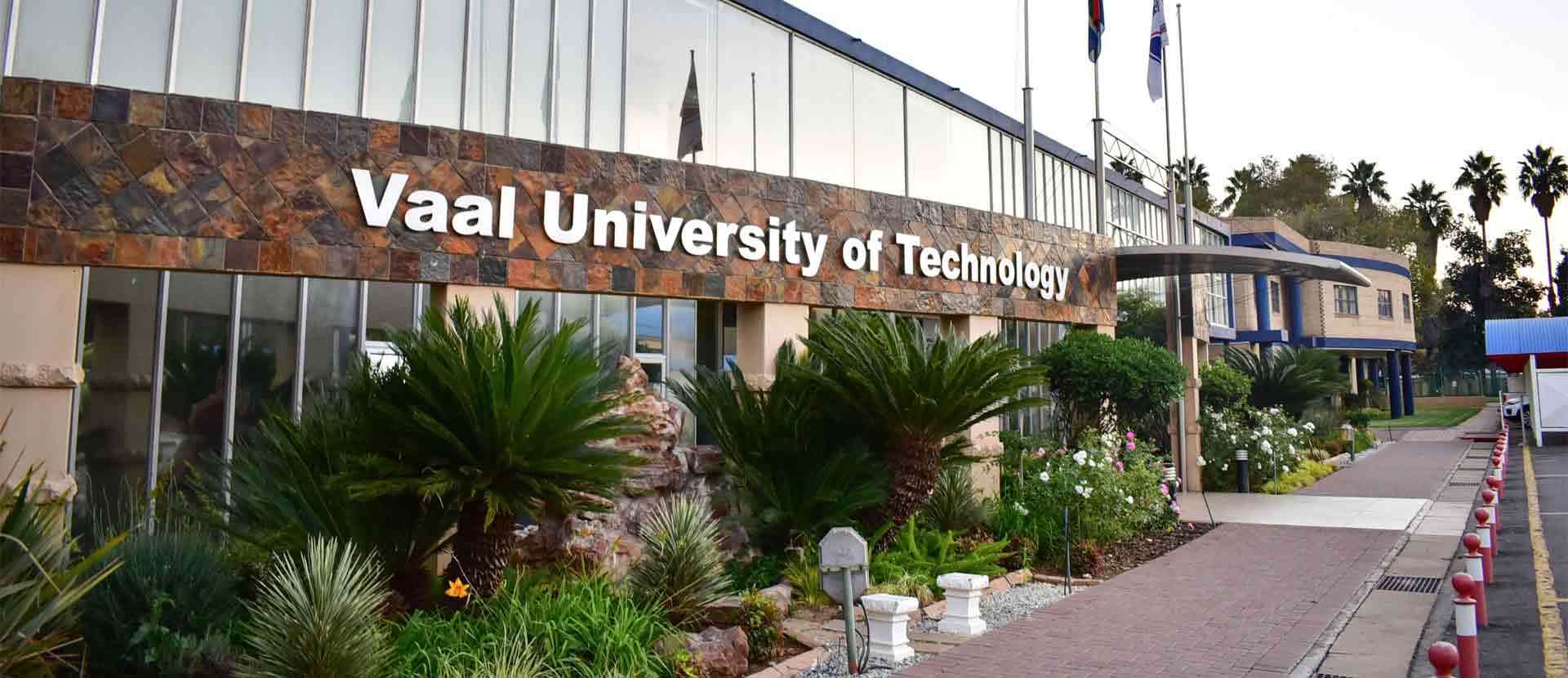Academics at the University of Technology Sydney have refused a demand from the Chinese Ministry of Education for their passport numbers and dates of start to educate a joint Chinese-Australian path in Sydney.

Twenty-one UTS instructional team members have been informed they were required to disclose their passport numbers and dates of beginning as part of a Chinese authorities evaluation of a biotechnology path run collectively with the aid of UTS and the Hebei Normal University (HNU) near Beijing in northern China.
Chinese college students complete three years of the joint application at HNU before finishing a final 12 months at UTS.
An email from the Chinese college—collectively supported by the Hebei provincial government and the Chinese Ministry of Education—demanded information from the U.S. personnel who might educate the students in their fourth year. HNU said it turned into fulfilling accreditation requirements. The details included educational qualifications and expert knowledge, but also passport numbers and dates of start.
Several lecturers wrote to us about the route coordinator, companion dean, Professor Graham Nicholson, refusing to offer the information and arguing the call from the Chinese university became an “overreach.”
UTS sought advice from the Australian government, and no passport details were provided.
“UTS did now not offer any passport numbers, and only months/years of birth,” a spokesman for UTS told The Guardian.
“It advised HNU that the Australian authority’s advice is that passport records ought to be handiest furnished when used for visas or to immigration officials. This advice turned into familiar without question.”
Also, as a part of the joint path, an educational team of workers from HNU tour to Sydney to adopt “shadowing” packages of UTS coaching at some point of lectures, sensible instructions, and tutorials.
“Because of their first three years, they must have UTS-approved topics taught in English and Mandarin. UTS evolved an application to aid HNU academics in broadening their understanding, capability, and confidence to deliver those topics,” the USA spokesman said.
The spokesman stated that the HNU personnel who shadow the UTS team of workers are all qualified science lecturers, retaining PhDs in areas applicable to the biotechnology diploma and having published research papers in those areas.
There is developing political and public interest in how Chinese authorities are impacting the Australian tertiary training system. Chinese students make up 29% of Australia’s 622,000 students worldwide.
Beijing has been accused of being behind student surveillance networks throughout Australian universities, and campus protests in the guide of Hong Kong demonstrators have descended into violence – met by way of pro-Beijing counter-protests – in current weeks.
The Morrison government has said it’d examine whether universities should declare relationships with Chinese institutions under foreign influence transparency legal guidelines after leaked contracts revealed that Chinese authorities had been granted control over coaching at Confucius Institutes on Australian campuses.
The Confucius Institutes are joint ventures between host universities and a Chinese government entity, Hanban, which provides funding, a workforce, and assistance.
Last week, college vice-chancellors from throughout the United States of America were briefed on cyber threats by the education minister, Dan Tehan, and intelligence officials from the Australian Signals Directorate.
In June, a foreign agent hacked the ANU, compromising the non-public details of hundreds of college students and a body of workers. Australian intelligence officials publicly stated that China was probably the origin of the assault, announcing it became one of the handiest handful of nations capable of efficiently resolving the massive breach of nineteen years of statistics.





